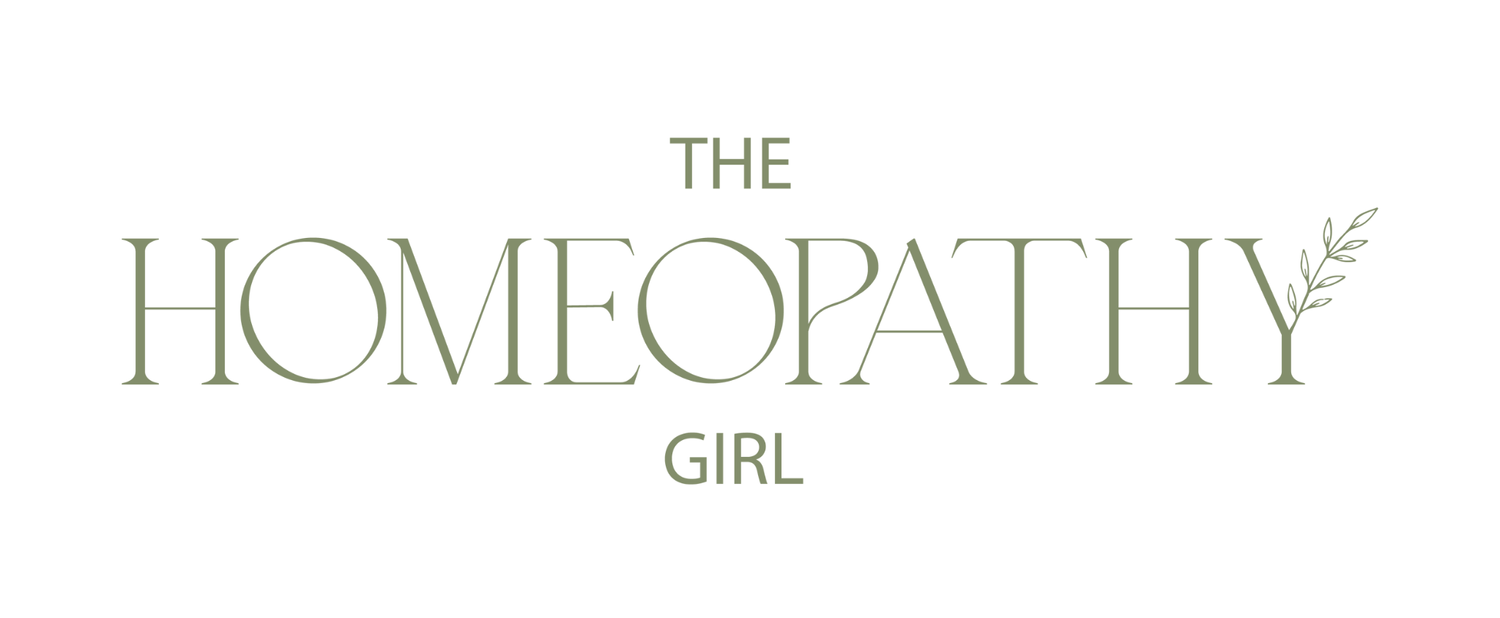
What is homeopathy?
Homeopathy is the world’s second most widely used system of medicine.
Homeopathy has been used as a system of healing for over 200 years and uses remedies made from plants, minerals, and natural substances. Everything is highly diluted and made to work with your body—not against it
According to the National Institute of Health, more than 6 million people in the United States use homeopathy to treat specific health conditions, and over 200 million people use homeopathy on a regular basis worldwide in over 80 countries.
There are hospitals in Germany, France, Austria, Switzerland, Sweden, Italy, Spain and the U.K. actively integrating homeopathy into patient care. Homeopathy is part of the national health system in Brazil, France, Germany, India, Mexico, Pakistan, Sri Lanka, and the U.K.
How Does It Heal?
Homeopathy is a gentle, natural approach to healing that supports the body’s innate ability to restore balance and health. Safe for all ages—including infants, pregnant women, the elderly, and those with chronic conditions—homeopathic remedies are non-toxic and prepared in a way that eliminates chemical side effects. This makes homeopathy a safe and effective option for virtually everyone.
Rather than suppressing symptoms, homeopathy works in harmony with the body. Symptoms are seen not as problems to be silenced, but as meaningful signals of underlying imbalances. Homeopathy seeks to understand and address the root cause of these symptoms, guiding the body toward deep and lasting healing.
Unlike conventional medicine, which often matches a diagnosis with a standardized treatment, homeopathy is highly individualized. It considers the whole person—their physical, mental, and emotional symptoms—to select a single remedy that best matches their unique presentation. In our in-depth consultation, we will explore your health concerns, all symptoms—both big and small—your medical history, diet, food preferences, sleep patterns, emotional tendencies, and more. Each piece of information provides valuable insight to help identify the homeopathic remedy that can activate your body’s natural ability to heal.
This approach is grounded in the principle of “like cures like.” In other words, a substance that can produce symptoms in a healthy person can, in a highly diluted form, help relieve those same symptoms in someone who is ill. For example, Apis mellifica (made from the honeybee) is used when symptoms resemble a bee sting—hot, red, swollen, and stinging pain that is relieved by cold. It can be helpful in cases of allergic reactions, insect bites, or inflamed joints with similar characteristics.
What Can Homeopathy Help With?
Homeopathy can support healing for a wide range of health concerns—whether physical, emotional, or mental. Rather than focusing solely on a diagnosis, homeopathy looks at your unique symptoms. For example, ten people with migraines may each need a different remedy, depending on how their symptoms are expressed. The goal is to treat you, not just the disease.
Here are some common concerns people seek homeopathic care for:
Injuries & Pain
Sprains, fractures, back and neck pain, head injuries, sciatica, sports injuries, whiplash, arthritis, fibromyalgia, and joint pain
Women’s Health
Menstrual issues, PMS, fertility challenges, menopause, fibroids, cysts, bladder infections, endometriosis, postpartum issues
Men’s Health
Prostatitis, prostate enlargement, bladder issues, sexual dysfunction
Children’s Health
Teething, ear infections, frequent colds, asthma, behavioral or developmental concerns, learning difficulties
Digestive Issues
IBS, colitis, Crohn’s, constipation, diarrhea, heartburn, ulcers, gallbladder issues, parasites
Emotional & Mental Health
Anxiety, depression, grief, trauma, OCD, poor focus, ADHD
Respiratory & Immune
Asthma, sinusitis, bronchitis, chronic coughs, frequent colds, flu, sore throats
Neurological Concerns
Shingles, neuropathy, MS, Parkinson’s, tics, twitches, Bell’s palsy, restless legs
Skin Conditions
Eczema, acne, psoriasis, rashes, fungal infections, boils, herpes
Urinary & Reproductive Health
Bladder infections, incontinence, kidney stones, vaginal infections
Other Common Concerns
Headaches and migraines
Allergies and sensitivities
Chronic fatigue and low energy
Pregnancy-related symptoms
Vertigo and balance issues
